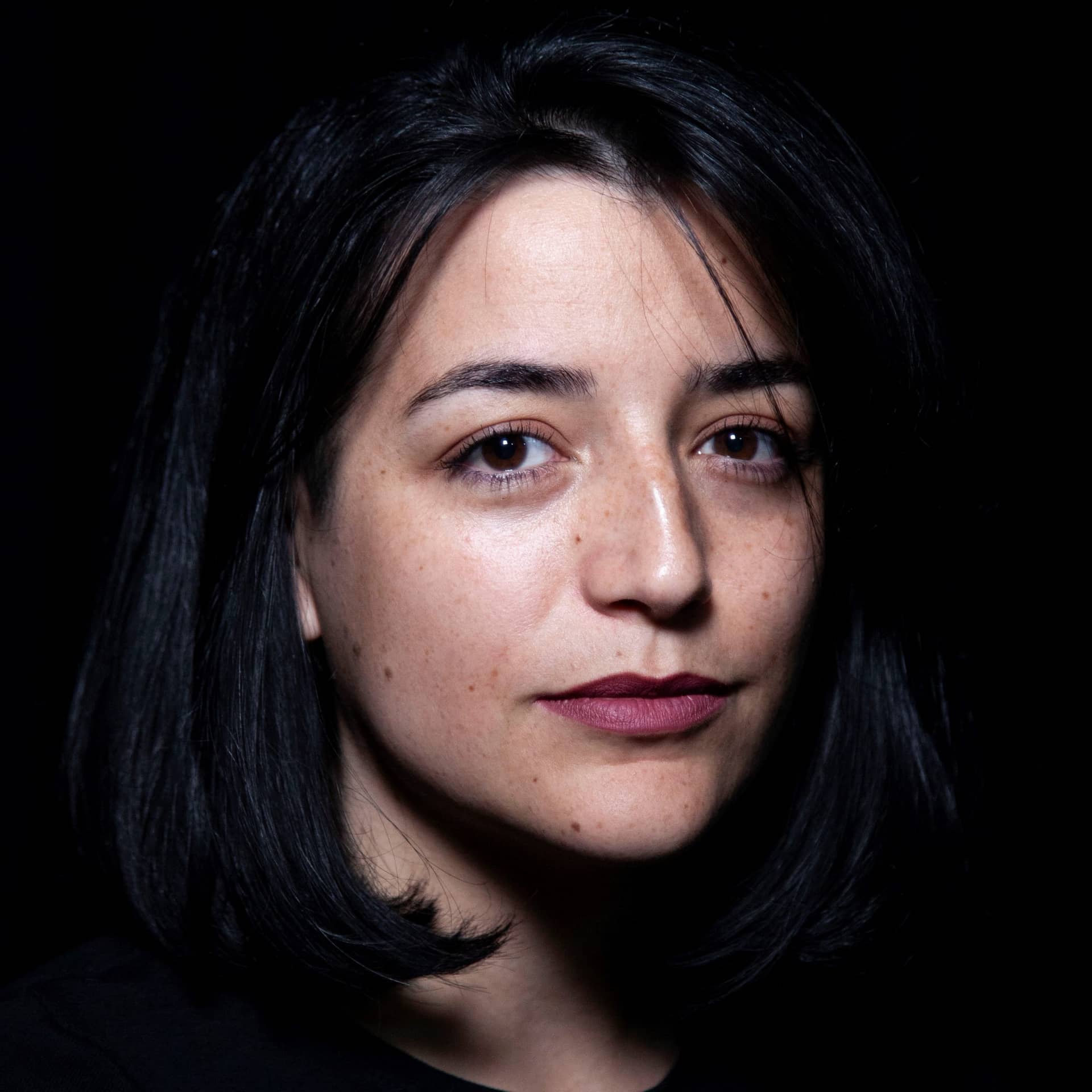
Tight races push Kosovo’s local elections into runoffs
Outright victories in 21 municipalities and 17 pending runoffs keep the final party landscape undecided.
|13.10.2025
|

Gentiana Paçarizi
Gentiana Paçarizi is managing editor at K2.0. She has completed a master’s degree in Journalism and Public Relations at the University of Prishtina ‘Hasan Prishtina’.
This story was originally written in Albanian.